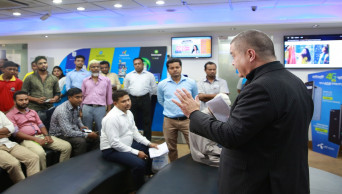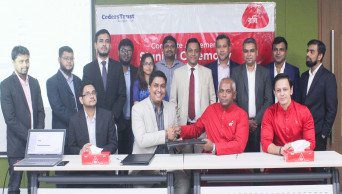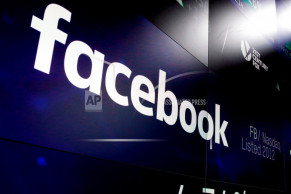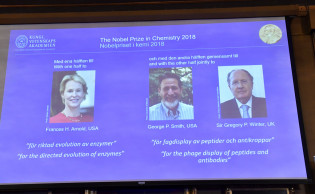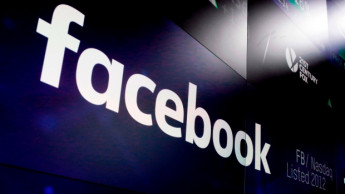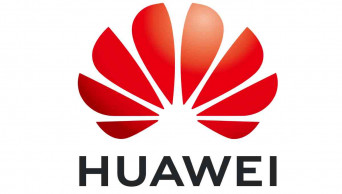Tech
Grameenphone CEO welcomes users to experience Bangladesh’s best network
Dhaka, Oct 7 (UNB) - As a part of Grameenphone’s Hello GP programme, CEO Michael Foley personally welcomed customers at Motijheel Grameenphone Centre on Sunday and spoke to them about their experience and expectations from the best network in the country.
Robi and CodersTrust Bangladesh sign corporate agreement
Dhaka, Oct 4 (UNB) – The leading digital service provider of the country, Robi Axiata Ltd, and a fast growing global freelancing training academy, CodersTrust Bangladesh have recently signed a corporate agreement.
Irish regulator opens Facebook data breach investigation
London, Oct 4 (AP/UNB) — Ireland's data regulator has launched an investigation of Facebook over a recent data breach that allowed hackers access to 50 million accounts. The probe could potentially cost Facebook more than $1.6 billion in fines.
Japanese spacecraft drops observation device onto asteroid
Tokyo, Oct 3 (AP/UNB) — A German-French observation device safely landed on an asteroid on Wednesday after a Japanese spacecraft released it as part of a research effort that could find clues about the origin of the solar system, Japanese space officials said.
3 scientists awarded chemistry Nobel Prize
Stockholm, Oct 3 (AP/UNB) — The Nobel Prize in chemistry has been awarded to two researchers in the United States and one in Britain.
Lawsuit accuses Facebook of enabling human traffickers
Houston, Oct 3 (AP/UNB) — A human trafficking survivor from Texas sued Facebook this week, alleging the social media platform provides human traffickers an unrestricted way to "stalk, exploit, recruit, groom ... and extort children into the sex trade."
October festival: Huawei offers discount, cash back
Dhaka, Oct 2 (UNB)- The world’s leading technology and smartphone manufacturing company Huawei was celebrating 'October Festival' offering with special discounts, cashback and bundle of internet for Huawei's smartphone customers.
IBBL inaugurates agent banking outlet in Boalia
Dhaka, Oct 2 (UNB)- Islami Bank Bangladesh Limited (IBBL) recently inaugurated its Agent Banking outlet in Kharkhari Bazar of Boalia in Rajshahi.
Robi, Travel Booking BD introduce discount offer
Dhaka, Oct 2 (UNB)- Robi and Travel booking Bangladesh Limited offered 50% discounts on their roaming package while traveling abroad.
Only 13 pc of Bangladeshis use Internet, says survey report
Dhaka, Oct 2 (UNB) - A recently released research report shows that by late 2017 only 13 percent of Bangladeshis aged 15-65 used the Internet and social media. This is despite 45 percent of the same age group owning an Internet-friendly device.
